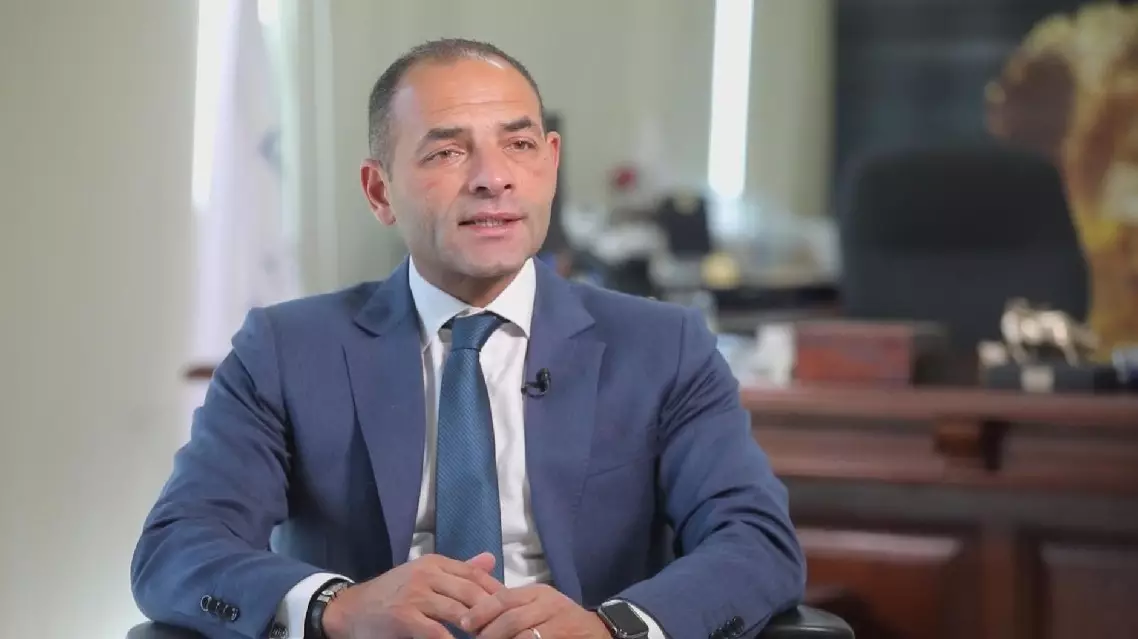Egypt's economy has faced significant challenges in 2024, exacerbated by Israel's ongoing conflict with Gaza Strip and other regional tensions.
In the first quarter, Egypt's economy saw record-high inflation rates, a surge in foreign currency black market, a drop in major revenue streams and dwindling Central Bank reserves on the back of the Ukraine war and conflicts in neighboring Sudan, Libya, Gaza and Yemen.
The country was bailed out by a mega 35-billion-dollar real estate investment deal with the UAE and an 8-billion-dollar loan agreement with the International Monetary Fund (IMF).
"All of this made Egypt float, just float for the coming two years, if we can say. However, this is all like a painkiller, if we can say, until the economy can restore its robust activities and try to attract FDIs," said Ahmed Abou El-Saad, CEO of Azimut Investments Egypt.
A devaluation of the Egyptian pound in March helped partially stabilize the economy and secure an inflow of financial assistance to help the government implement painful austerity measures. The government launched social welfare programs for the poor to sustain the impact of the IMF-led measures, but it wasn't smoothly sailing.
Experts said cooperation with the IMF could lead to fruitful results, but the regional turmoil made the situation more complicated.
"If you stick to the agreed reform program with the IMF and go according to plan, these reforms will start to show encouraging results, and things will be fine. Egypt has faced many problems when it comes to cooperation with the IMF in recent years. These problems were not caused by Egypt, but by global volatility in the last four or five years," said Mohamed Hassan, CEO of Alfa Financial Investment Consultancy Firm.
Egypt is still unable to unlock a badly needed 1.5-billion-dollar tranche of the IMF loan because it wants to postpone a previously approved timeline to eradicate energy subsidies, in order to avoid a public backlash.
Meanwhile, the government is pushing ahead with various regulations and incentives to attract investments, increase local production and revitalize the tourism sector to increase revenue streams.
Egyptians hope 2025 would be the year to bear the fruits of tough reforms of the last few years.
"I think now Egypt is positioned towards a better future, trying to restore confidence again from the international players. The policies have been well written, but again it will always depend on how to implement these policies. Now it's time to deliver because we don't have this luxury of time," said El-Saad.

Egypt grapples with economic headwinds amid regional conflicts









